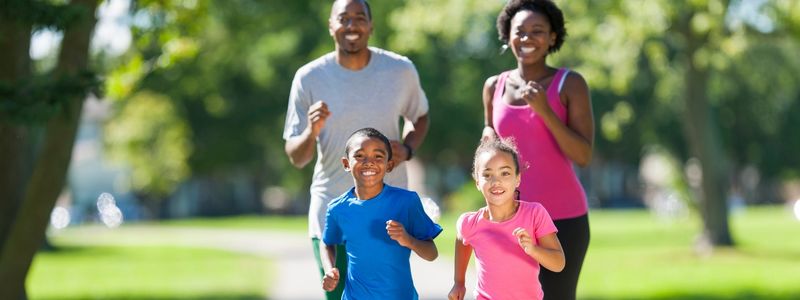Your mental health affects how you think, feel, and act in day-to-day life. It also impacts your ability to cope with stress, conquer challenges, build relationships, and recover from life’s challenges and hardships.
Being mentally or emotionally well is much more than being free of depression, stress, anxiety, or other psychological problems. Rather than the absence of mental disorder, mental health refers to the existence of positive qualities.
How to Boost Your Mental Health?
Be positive.
It’s significant to try to have a positive view of life. Some methods involve finding a sense of balance between positive and negative feelings. Staying positive doesn’t imply that you never feel negative behavior, such as despair or frustration. You need to feel them be able to undertake challenging circumstances. They could assist you in responding to difficulties. However, you don’t want those feelings to dominate. Also, try to hold on to the positive emotions if you have them.

Take a break from bad information. Understand when to stop watching or reading the news. Use social media to reach out for help and feel connected to other people but be mindful. Don’t fall for gossip, get into fights, or negatively compare your life to other individuals.
Get Physical
Take care of your physical health since your physical and mental health is connected. Be physically active by exercising. This can minimize feelings of stress and depression and enhance your disposition. Additionally, try to get sufficient sleep. A night of good sleep boosts your mood. If you don’t get good sleep, you may become easily irritated and upset. So, it’s crucial to ensure that you have a regular sleep schedule and have adequate quality sleep each night. Always eat healthy too. Keep in mind that good nutrition will help you feel a lot better physically but could also better your mood and minimize stress. Also, not having enough specific nourishment may lead to some mental illnesses. Eating a well-balanced diet can help you get plenty of the nutrition you require.
Connect With Others
People are social beings, and it’s necessary to have solid and healthy relationships with other people. Having good social support may help protect you against the harms involving stress. It is also good to get different types of relationships. Besides connecting with family and friends, you could find methods for getting involved with your community or even neighborhood. For example, you could volunteer for a local org or even join a club that is centered on a hobby you delight in.
Practice Being Grateful
This means being grateful for the things in your life. It’s beneficial to do this daily by thinking about what you are thankful for or jotting it down in a diary. These can be big things, like the support you get from family members, or little things like enjoying a friendly chat with a friend. You have to allow yourself a moment to relish that you had a positive encounter.

Practicing gratitude can help you see your life differently, and gratitude can help you discover all of them.
Develop a Sense Purpose
This could be through your work, volunteering, learning new skills, or exploring your spirituality.
Learn Coping Skills
Also, try to develop your coping skills, which are approaches you use to cope with stressful circumstances. They may help you deal with an issue, take action, be accommodating, and never easily give up in redealing with it.
Find Peace by Meditating
Meditation is a body and mind exercise where you learn to concentrate your attention and awareness. There are many kinds, including mindfulness meditation as well as transcendental meditation. Look for a peaceful spot with as few interruptions as possible. Practice specific, relaxed posture. This could be sitting, lying down, or another position.

Additionally, focus your attention on a particular selected word or even set of phrases, an object, or your breathing. Have an open mindset, where you try to let disturbances come and go the natural way without judging them. Relaxation techniques are practices you are doing to produce your body’s natural relaxation response. This lowers your high blood pressure and reduces muscle pressure and stress.




